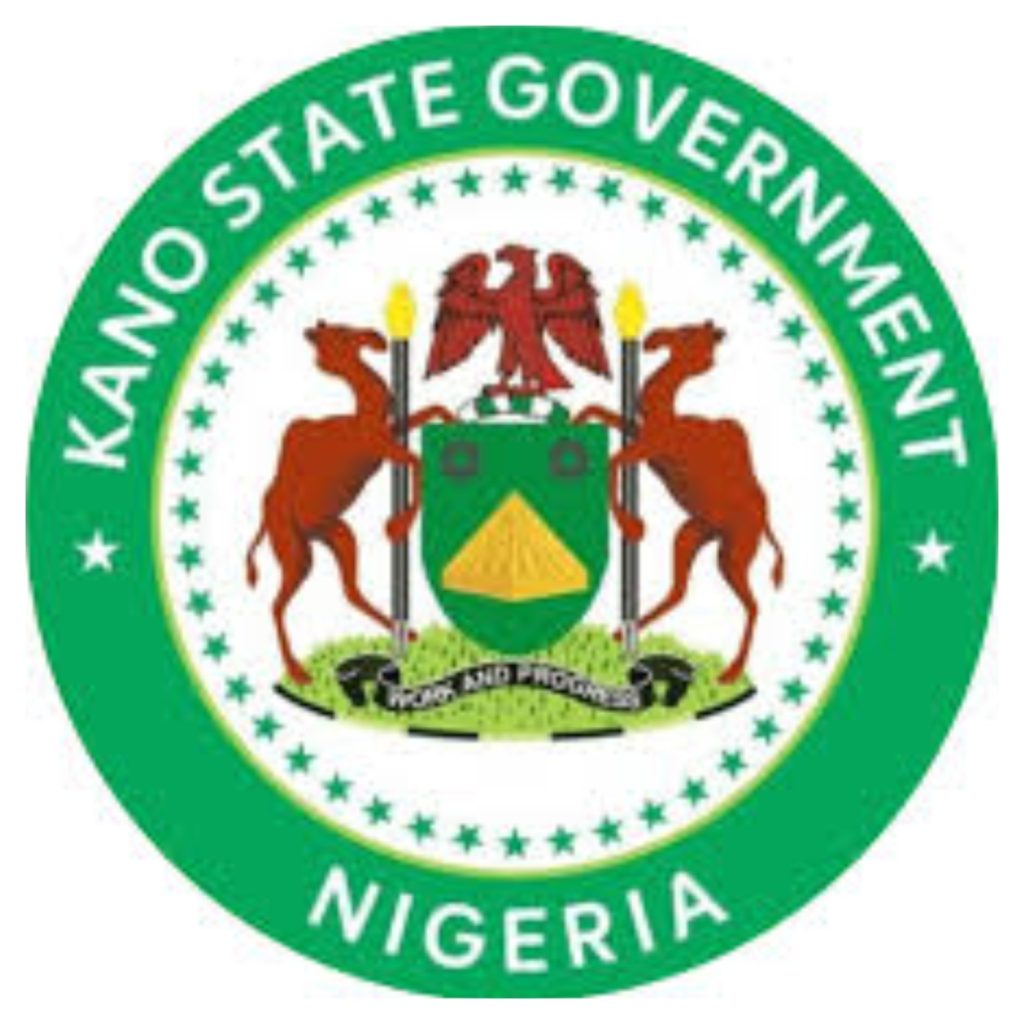Nigeria’s Treasury Bills market experienced a notable surge in investor interest on November 19, 2025, with demand for the 364-day paper far exceeding the government’s offer. According to data from the Central Bank of Nigeria, the stop rates for all three tenors – 91-day, 182-day, and 364-day – remained unchanged at 15.30 percent, despite a declining inflation rate of 16.05 percent in October.
The latest auction results showed that investors heavily subscribed to the long-term bill, with subscriptions totaling over N1.2 trillion, significantly surpassing the N450 billion offered by the Central Bank of Nigeria. The true yields for the respective tenors stood at 15.9 percent for the 91-day tenor, 16.8 percent for the 182-day, and 19.1 percent for the 364-day bill, making them attractive to investors.
This development is attributed to investors’ strategy to capitalize on the current high-yield environment before the anticipated moderation of interest rates in 2026. With strong liquidity and attractive yield levels, treasury bills are expected to remain a key investment destination for both institutional and retail investors in the near term.
Recently, the Central Bank of Nigeria mandated the use of the S4 electronic interface for Treasury Bills auction submissions, aiming to take full control of the market. This move is expected to enhance the efficiency and transparency of the treasury bills market.
The surge in investor interest in Nigeria’s Treasury Bills market reflects the country’s efforts to manage its debt and attract investment. As the economy continues to evolve, the demand for treasury bills is likely to remain strong, driven by the attractive yields and the government’s efforts to maintain a stable economic environment. With the current high-yield environment and strong liquidity, investors are likely to continue to flock to the treasury bills market, making it a vital component of Nigeria’s financial landscape.



